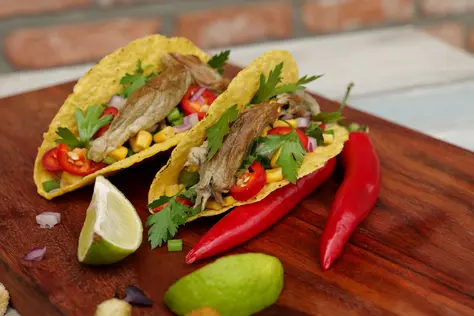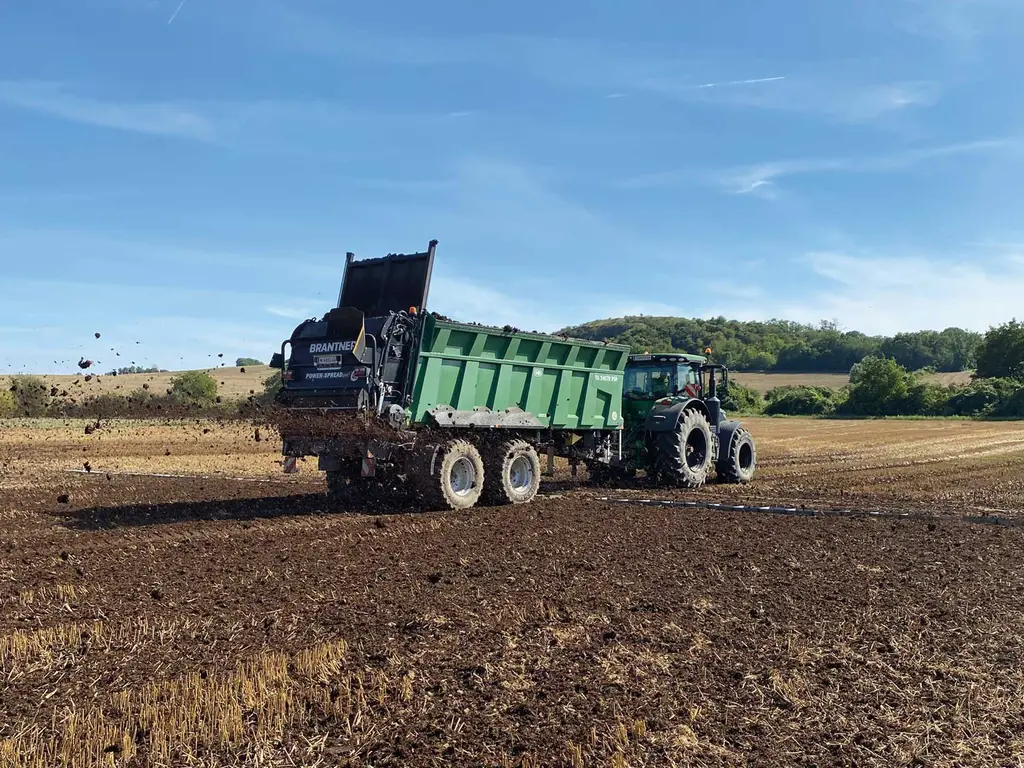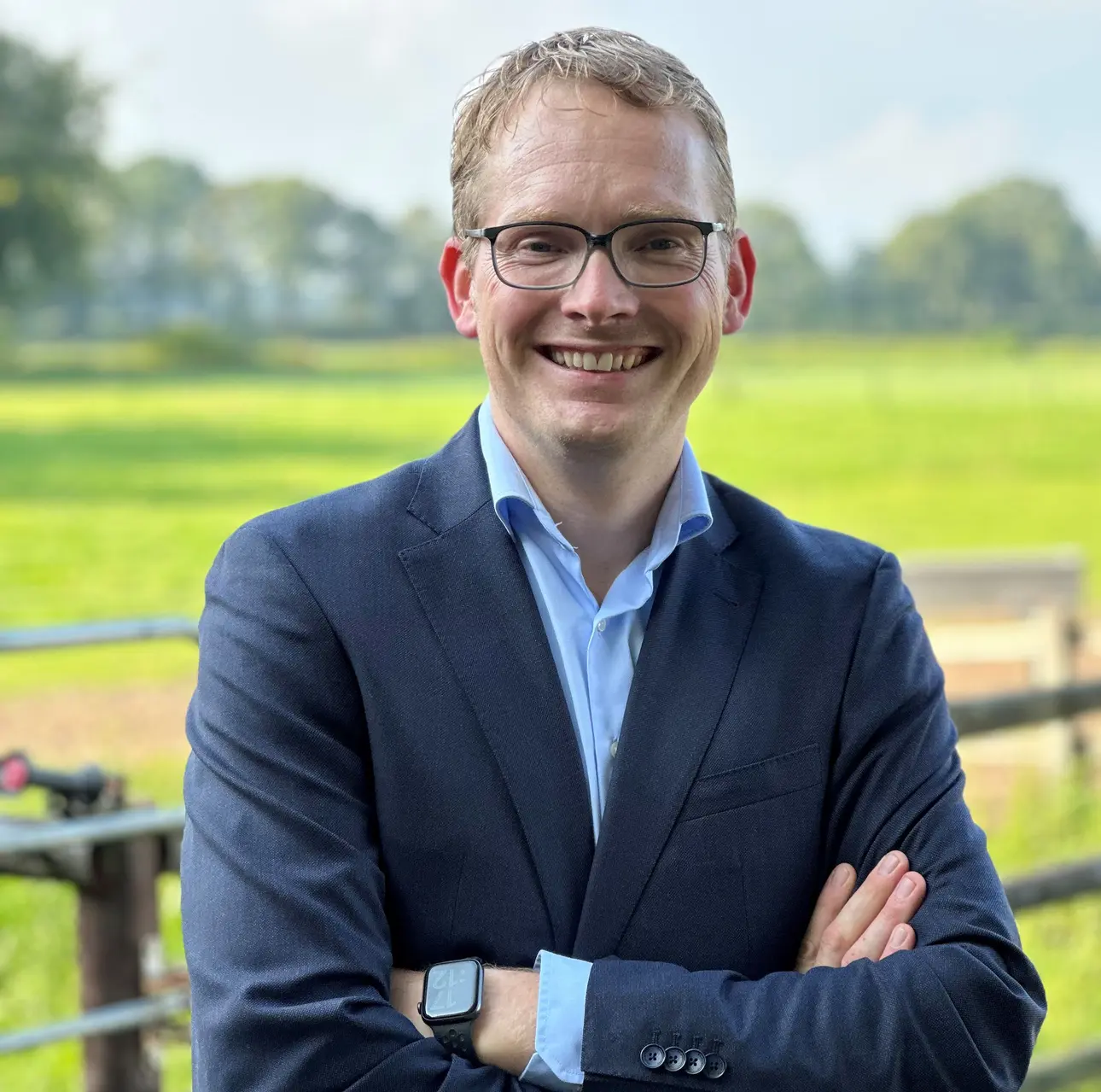As the founder of New Morning Consulting, Cor Kramer currently serves as Vice President Dealer Development & Sales Northern Europe for Monarch Tractor, following the company’s expansion into Europe in late 2024. In his role at Monarch, he helps lead the transformation of modern farming through 100% electric, driver-optional, and data-driven tractors, empowering farmers to boost efficiency while supporting environmental sustainability. Having lived and worked across North America, Europe, Africa, and Asia, he excels at connecting cultures, teams, and technologies – always with a focus on customer value, collaboration, and long-term growth.
Whether building high-performing multinational teams, developing strategic sales channels, or launching innovative go-to-market approaches, Cor Kramer is committed to shaping a smarter, cleaner, and more connected future for agriculture.
Coming from a dairy farming background, how has that influenced your approach to business and innovation?
Growing up on a dairy farm gave me a deep appreciation for land stewardship and the realities of farming such as the hard work, unpredictability, and the need to constantly adapt to remain competitive as a family business. That experience has shaped my entire approach to business and innovation. I’ve always believed that real innovation in agriculture must be practical, reliable, and rooted in the day-to-day needs of farmers. My background keeps me grounded in what truly adds value to the farm. This is critical when leading teams, developing new technologies, or building viable strategic partnerships. Whether at John Deere, Lely, or now at Monarch Tractor, I’ve carried that perspective with me, striving to bridge cutting-edge technology with practical applications. It also made me a strong advocate for solutions that not only improve productivity but also support long-term sustainability.
How receptive are European farmers to digital and autonomous solutions? What’s needed to accelerate adoption?
European farmers are increasingly open to digital and autonomous solutions, especially as they face growing pressure around labor shortages, environmental regulations, and economic sustainability. Many are already leveraging precision farming technologies and data-driven tools. The pace of adoption however varies significantly by region, farm size, and crop type. Key to accelerating adoption is demonstrating clear, practical value. Farmers need solutions that integrate seamlessly into their operations, deliver measurable ROI, and reduce complexity. Not adding to it. That’s a focus at Monarch Tractor: creating electric, autonomous platforms that are intuitive, cost-effective, and designed around real farming workflows. In addition, the adoption of digital and autonomous solutions will move faster when supported by strong professional dealer networks, reliable service, and training. Monarch is investing in dealer development and local partnerships across Europe to ensure farmers don’t just buy a product, they gain a long-term technology partner. That combination of innovation, trust, and localized support is what will truly drive transformation at scale in European agriculture.
Looking back, is there a decision you made early in your career that you're especially proud of or learned a lot from?
One of the most defining decisions I made early on was stepping away from the primary dairy and arable farming side of the family business and moving into ag tech. While farming is in my blood, I realized that my real passion lies in driving innovation that can help farmers thrive. Transitioning into the ag machinery and technology space allowed me to stay deeply connected to agriculture, but also to operate where I could make a broader impact. That decision shaped the rest of my career. From John Deere to Lely, and now Monarch Tractor. It taught me the value of combining firsthand farming experience with technology and business leadership. Looking back, it was the move that allowed me to leverage my roots while pushing the industry forward and I’m proud of that every day.
In your view, which emerging technologies will most significantly impact agriculture over the next decade?
Over the next decade, I expect to see a convergence of several technologies fundamentally reshaping agriculture. Each powerful on its own, but transformative when combined.
Autonomy and electrification will redefine field operations. Driver-optional, electric platforms will help farmers reduce labor dependency, cut emissions, and operate more efficiently.
AI and machine learning will become central to decision making, from real-time crop health monitoring to predictive maintenance and yield optimization. These tools will shift farming from reactive to truly proactive.
Sensor technology and IoT will unlock a new level of precision. When tractors or agbots, implements, and even individual plants are connected, we can manage variability at an entirely new scale, supporting both productivity and sustainability goals. And finally, I believe robotics, particularly in specialty crops, will play a major role in addressing labor shortages and improving consistency in delicate tasks like seeding or planting, crop care and harvesting.
The key will be integrating these technologies into systems that are user-friendly, interoperable, and supported by strong infrastructure and training. Innovation alone isn’t enough. Emerging technology needs to be accessible and trusted by the farmer. That’s the challenge and the opportunity for all of us in ag tech.
Finally, what excites you most about the future of agriculture?
What excites me most is knowing how much the ag tech branch can still leap forward by leveraging innovation. Despite all the progress we’ve seen, agriculture is still in the early stages of a digital and sustainable transformation. The potential to create smarter, cleaner, and more resilient farming systems is enormous, and it’s happening faster than ever before.
We now have the tools to solve some of the industry’s biggest challenges: from labor shortages and environmental pressure to food security and energy transition. What inspires me is that we’re not just optimizing existing processes, we're fundamentally reimagining how farming can work and continue to prosper.
Whether it’s electric autonomous tractors, AI-driven insights, or climate-smart practices, the future of agriculture is more connected, data-rich, and farmer-empowering than ever. And what gives me the most energy is working alongside people - farmers, engineers, dealers, innovators - who are passionate about building that future together.
…and will you be attending the Agritechnica trade fair in Hanover this year?
Definitely! Agritechnica in Hanover has been a personal highlight ever since I joined John Deere back in the summer of 2007. It’s the place for exploring cutting-edge innovation, connecting with industry leaders, and learning from like-minded ag tech enthusiasts from all over the world. The energy, the conversations, and the sheer scope of what’s happening in agriculture make it an unmissable event and I’m already looking forward to being part of it again this year!

































































































